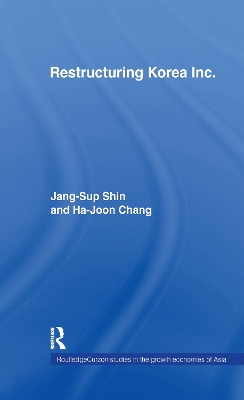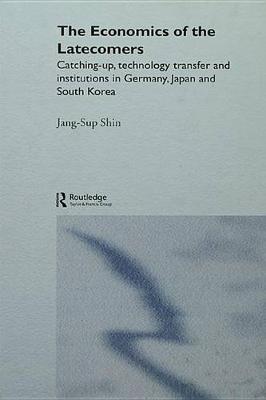Routledge Studies in the Growth Economies of Asia
2 total works
The 1997 South Korean financial crisis not only shook the country itself but also sent shock waves through the financial world at large. This impressive book critically assesses the conventional wisdom surrounding the Korean crisis and the performance of the IMF-sponsored reform programme.
Looking first at the strengths and weaknesses of 'Korea Inc.' in comparison with other East Asian countries, the authors describe the challenges faced by Korea in the 1990s due to the acceleration of globalization. By arguing that the transition attempted by Korea was badly conceived and ill designed, Restructuring 'Korea Inc.' focuses on corporate reform after the crisis that has led to the running up of huge 'transition costs'.
This snappy, informative and readable book has a broad historical overview and with its suggestions for structural change for Korea. This book is an important contribution not only to Asian studies, but also to the study of financial crises and the political economy of economic reform.

